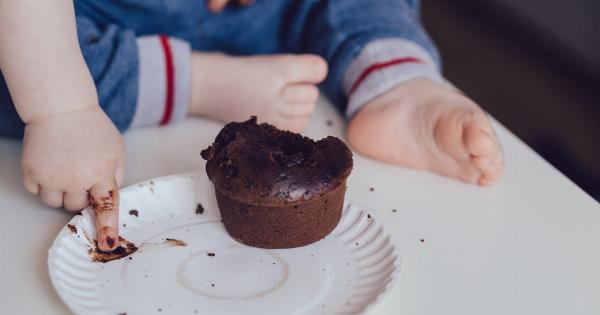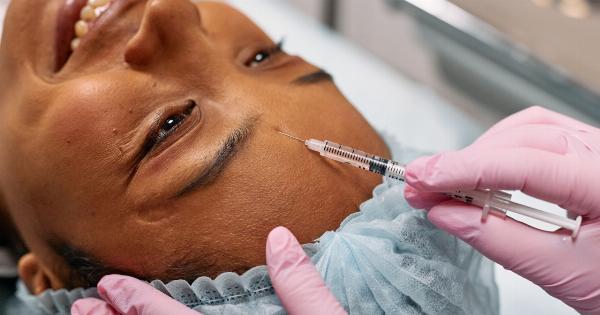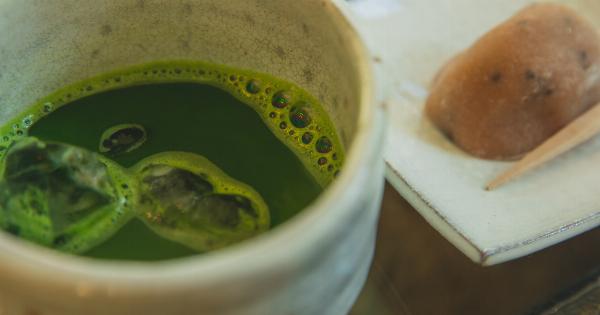For many people, enjoying a hot cup of tea is a daily ritual. Whether it’s to start the day, relax in the afternoon, or wind down before bed, tea is a comforting and soothing beverage that is consumed around the world.
However, despite its popularity and reputation as a healthy drink, hot tea can pose potential dangers that many people are unaware of. In this article, we will explore some of these risks and what you can do to avoid them.
The Dangers of Hot Liquids
Hot liquids, including hot tea, can cause burns and scalds. This is especially true for children and the elderly, who are more vulnerable to these types of injuries.
Even if the tea is not boiling, temperatures around 140 to 150 degrees Fahrenheit can still cause burns.
To avoid burns and scalds from hot tea, it is important to take precautions when handling and drinking it.
Make sure the tea has cooled down to a safe temperature before giving it to children or the elderly, and never leave hot tea unattended around them. Use insulated cups or travel mugs to keep the tea at a safe temperature for longer periods of time.
Tea and Dehydration
While tea is often touted as a hydrating beverage, it is important to note that it can actually have a diuretic effect, especially if consumed in large amounts.
This means that it can cause the body to lose more fluids than it is taking in, leading to dehydration.
If you are an avid tea drinker, it is important to balance your tea intake with other hydrating beverages, such as water and electrolyte drinks.
It is also important to be aware of the signs of dehydration, which include thirst, dry mouth, fatigue, dizziness, and headaches. If you experience these symptoms, try to drink more water and reduce your tea intake.
Caffeine and Tea
Another potential danger of hot tea is its caffeine content. While tea typically has less caffeine than coffee, it can still cause a variety of side effects in some people. These can include headaches, jitters, nervousness, and insomnia.
If you are sensitive to caffeine, it is important to monitor your tea intake and choose lower-caffeine teas, such as herbal teas. You can also try decaffeinated tea, which has had most of the caffeine removed.
Be aware that some teas, such as black tea and green tea, naturally have more caffeine than others, such as white tea and rooibos tea.
Tea and Tooth Decay
While tea has many health benefits, it can also contribute to tooth decay if consumed in large amounts. This is because tea contains tannins, which can stain teeth and promote plaque buildup.
To avoid tooth decay from tea, it is important to practice good oral hygiene, such as brushing and flossing regularly and visiting the dentist for regular cleanings.
You can also reduce the staining and plaque buildup by drinking tea through a straw and rinsing your mouth with water after drinking tea.
Tea and Medications
Finally, it is important to note that some teas can interact with medications, leading to potential health risks.
For example, green tea can interfere with blood thinners and some antidepressants, while chamomile tea can interact with sedatives and blood thinners.
If you are taking medication, it is important to talk to your doctor or pharmacist before drinking tea or other herbal remedies. They can advise you on which teas to avoid or how to safely incorporate them into your diet.
Conclusion
While hot tea is a beloved and healthy beverage for many, it is important to be aware of its potential dangers. From burns and scalds to tooth decay and medication interactions, tea can pose risks that many people are unaware of.
By taking precautions and being mindful of your tea intake, you can continue to enjoy this comforting drink while also keeping yourself and your loved ones safe.






























